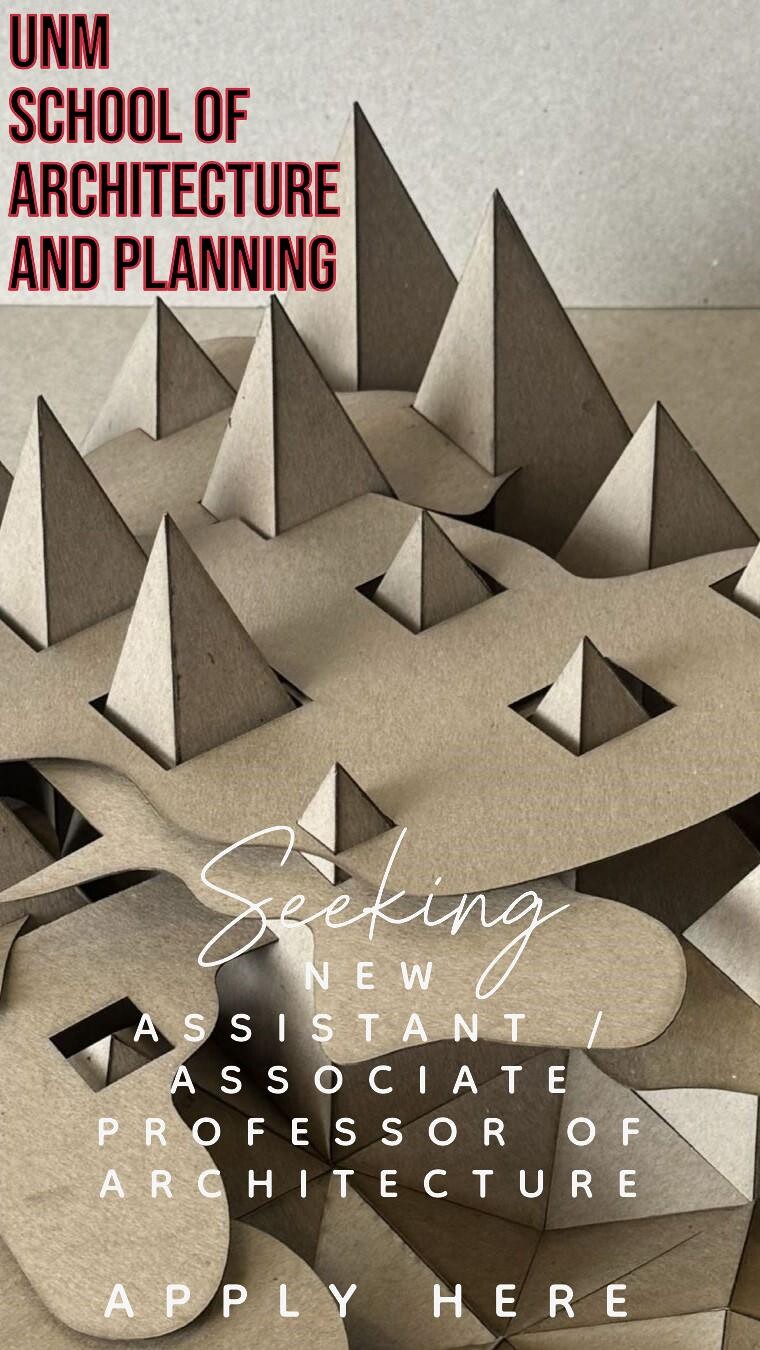Application deadline: April 1, 2016
Sandberg Instituut
Gerrit Rietveld Academie
Overschiestraat 188
1062 XK Amsterdam
The Netherlands
T +31 (20) 5882400
[email protected]
The Sandberg Instituut launches a new temporary MA programme in September 2016: Master of Voice. Curator Lisette Smits heads the department; tutors include artist Paul Elliman, writer and performer Snejanka Mihaylova, designer Bart de Baets, and artist Bonnie Camplin.
Master of Voice is a temporary Master’s programme examining the voice as a unique “discipline.” The focus is on the human voice, as a means or an end in itself, within artistic practice. The course is intended for students who want to work with the (their) voice, and/or for those who want to explore the voice in its various social, cultural and technological appearances—from vocal speech to “speech act” to singing. The programme includes a special orientation on gender and technology.
The Master of Voice incites experimentation in order to develop new artistic forms, individual or collective, that take the human voice as its primary material. The curriculum is structured alongside research, recording and performance/publishing, individually guided by core and visiting tutors. It includes workshops, field trips and collective productions. Theory is an integrated part of the curriculum.
The course aims at students who are interested in the voice and its prominent role in our post-industrial society. It welcomes applicants from different artistic backgrounds, including fine art, design, performance, music and writing. You enter the course on the basis of a preliminary research- or project proposal in which your ambitions are articulated.
Background
The voice remains ever more fascinating as a human technology—oscillating between body and mind, nature and culture, human and machine; it is intangible yet doesn’t exist without the body, or in fact, it does, and that’s what gives it its uncanny qualities; it is at once medium and message; the voice produces (speech, sound, music) and is reproduced (recordings); it determines thought and language; man’s primary form of communication. It ranges from the personal to the political, from prosody to whistleblower, from love to terror.
The Master of Voice reflects an increasing interest amongst a new generation of artists and writers, often female, who use the voice—subjectively and objectively—in their work (often described as a means to define their intimate relationship with the computer). This points at a condition that “orality” has become a big issue today, a condition which is informed by processes of digitisation and new technologies. If the digital is analogue to the nervous system, in today’s feedback culture, technology becomes part of the psychological impetus to be “lost in communication.” In a de-materialised reality, we are perhaps disembodied, reduced to “a voice and nothing more.”
Arguably, the human voice can be considered the epitome of digitisation, not because it can be multiplied without losing quality but because it is without source once “out there.” Taking the human voice into consideration could lead to new paradigms of the relation between technology and what is human. The Master of Voice provides an environment for this investigation.
For more information and how to apply go to: www.sandberg.nl.

